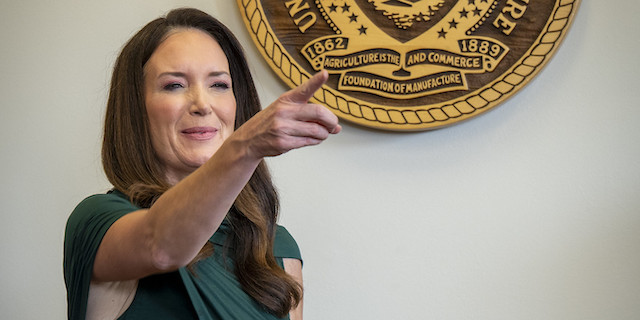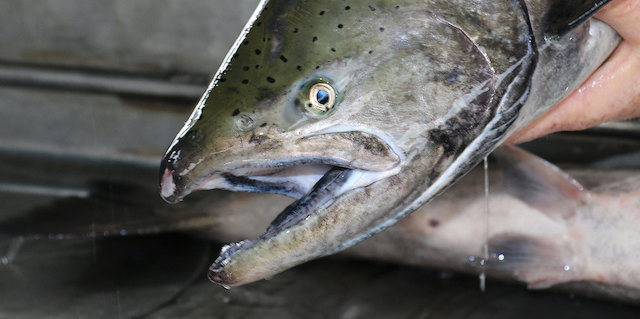Court denies request to postpone COOL rules
Published 4:08 am Wednesday, September 11, 2013
The U.S. District Court for the District of Columbia has denied plaintiffs’ request for a preliminary injunction that, if granted, would have blocked the Department of Agriculture from implementing and enforcing its revised country of origin labeling regulations until a lawsuit filed in response to the rules is concluded.
The court announced its decision Sept. 11.
Unveiled in May, the revised labeling law requires labels on muscle cuts of beef, pork and other meats to include information on where animals were born, raised and slaughtered, and the rule removes an allowance for commingling of cuts from different countries.
The National Cattlemen’s Beef Association, National Pork Producers Council and other North American meat industry organizations filed suit July 8, naming as defendants the USDA and the Agricultural Marketing Service. Other plaintiffs include the American Meat Institute, the American Association of Meat Processors, the Canadian Pork Council, the North American Meat Association, the Southwest Meat Association and Mexico’s National Confederation of Livestock Organizations.
The groups assert the revised rule violates the U.S. Constitution by compelling speech in the form of detailed labels on meat products, that it exceeds the scope of the statutory mandate and that it is arbitrary and capricious because it imposes vast burdens on the industries with little benefit.
The U.S. Cattlemen’s Association, along with National Farmers Union, American Sheep Industry Association and the Consumer Federation of America support the rules. They became intervenors in the lawsuit on Aug. 19, permitting the groups to participate in the preliminary injunction hearing as well as the remainder of the litigation.
In denying the motion for the preliminary injunction, Judge Ketanji Brown Jackson said plaintiffs failed to demonstrate either a likelihood of success on the merits or irreparable injury.
“If the injunction had been granted it would have ensured that the United States would be in violation of its trade obligations under the WTO and also would have further delayed consumers having the type of information Congress has long intended them to have,” Jon Wooster, USCA president, said in a press release.
Earlier this year Canada and Mexico asked the World Trade Organization to set up a compliance panel to discuss the new rules.
The current rules were the result of revisions made after a WTO appellate panel partly sided with the U.S.’ two neighbors in a dispute over the labeling law, which was called for in the 2008 Farm Bill.





